
The University of Massachusetts, in partnership with the U.S. Fish and Wildlife Service (USFWS) station in Hadley, Mass., launched a first in-the-nation graduate program in ecohydrology and fish passage engineering this fall.
The program, which is based in the Department of Civil and Environmental Engineering, is an extension of hydraulic engineering with intertwined aspects of biology and ecology. Ecohydrology is viewed as the science that lies at the interface of hydrology (study of the water cycle) and ecology.
Upon completing the program, students will graduate with a Master’s degree in Civil Engineering and a concentration or focus in fish passages and ecohydrology.
Hydraulic engineers Brett Towler and Brian Waz, both of USFWS, will teach one 500-level, three-credit course in fish passage engineering each semester. The six students currently enrolled will spend time in and out of the classroom learning about natural and structural fish way design, dam breaching and removal, stream restoration and watershed management.
Fish passage engineering refers to the re-linking of fish habitats throughout a water shed (river or tributary off a river) or from bodies of fresh to salt water that have been blockaded by dams, culverts, dikes, or other barriers in rivers.
Today in the U.S., there are hundreds of thousands of dams that serve as barriers to fish passages, with about 25,000 lying in the Northeast area alone, not to mention the 2.5 million culverts and road barriers throughout the country. These obstructions have prevented fish from returning to their natural habitat, leaving many native species in decline.
“It’s a fair statement to say that in the state, region, country, and world as whole, environmental concerns are only ramping up as we face climate change and things like fish passage need to be looked at,” said Towler.
Because the life cycle for fish takes place in fresh water for spawning and juvenile development, and also in the ocean, where fish spend most of their adult lives, engineers will look at ways to help fish cross the barriers and return to their desired destinations.
This can be done through dam removal, although Towler said this is rarely feasible unless “fish ways” are created, which are mechanisms designed to lift fish over dams. Students will also study large-scale elevators, which deposit fish from one side of the dam to the other, and pools that direct fish over the blockades.
The field of fish passage, Towler said, is close to 300 years old and takes a variety of skills, from engineers who understand hydrology, to biologists and ecologists. The latter understand how fast fish swim and what motivates them to successfully implement change.
“The program is a recognition of that,” said Towler. “Our goal here at USFWS is to develop a program that really shines a light on a need for a marketable degree for engineers.”
David Ahlfeld, graduate program director for Civil Engineering, said that the interesting part of the program is that engineers, who are used to designing facilities for humans, will now be creating structures for fish to use.
“‘What do fish need?’” he said. “That’s not something we’ve traditionally looked at.”
An internship was also rewarded to Bryan Sojkowski, a graduate student enrolled in the program. His job includes working closely with USFWS, while also taking classes and developing his thesis, which will focus on culverts.
Sojkowski said after he receives his degree in civil engineering he looks forward to having a career with USFWS and is happy to be a part of the new UMass program.
“I feel honored that I’m the guinea pig,” he said. “It looks like there’s going to be a lot of opportunities for other student’s and people who see this [program] as a [future] career.”
Jessica Sacco can be reached at [email protected].






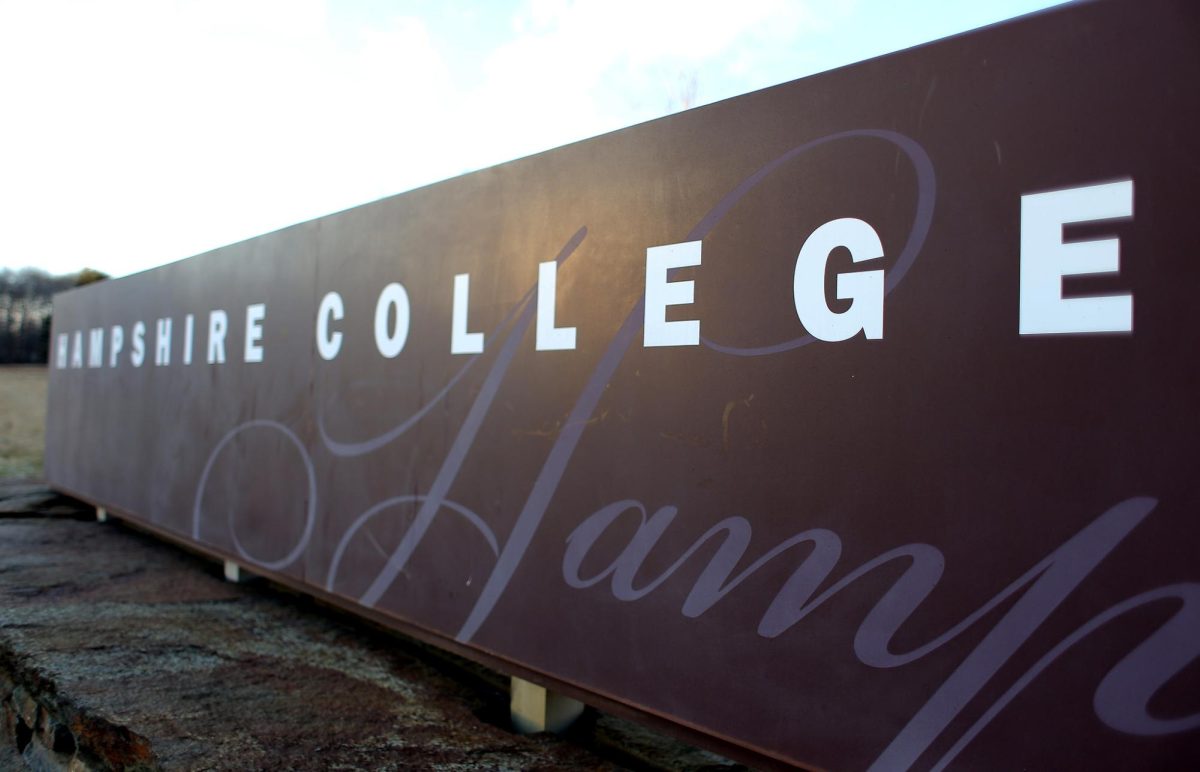


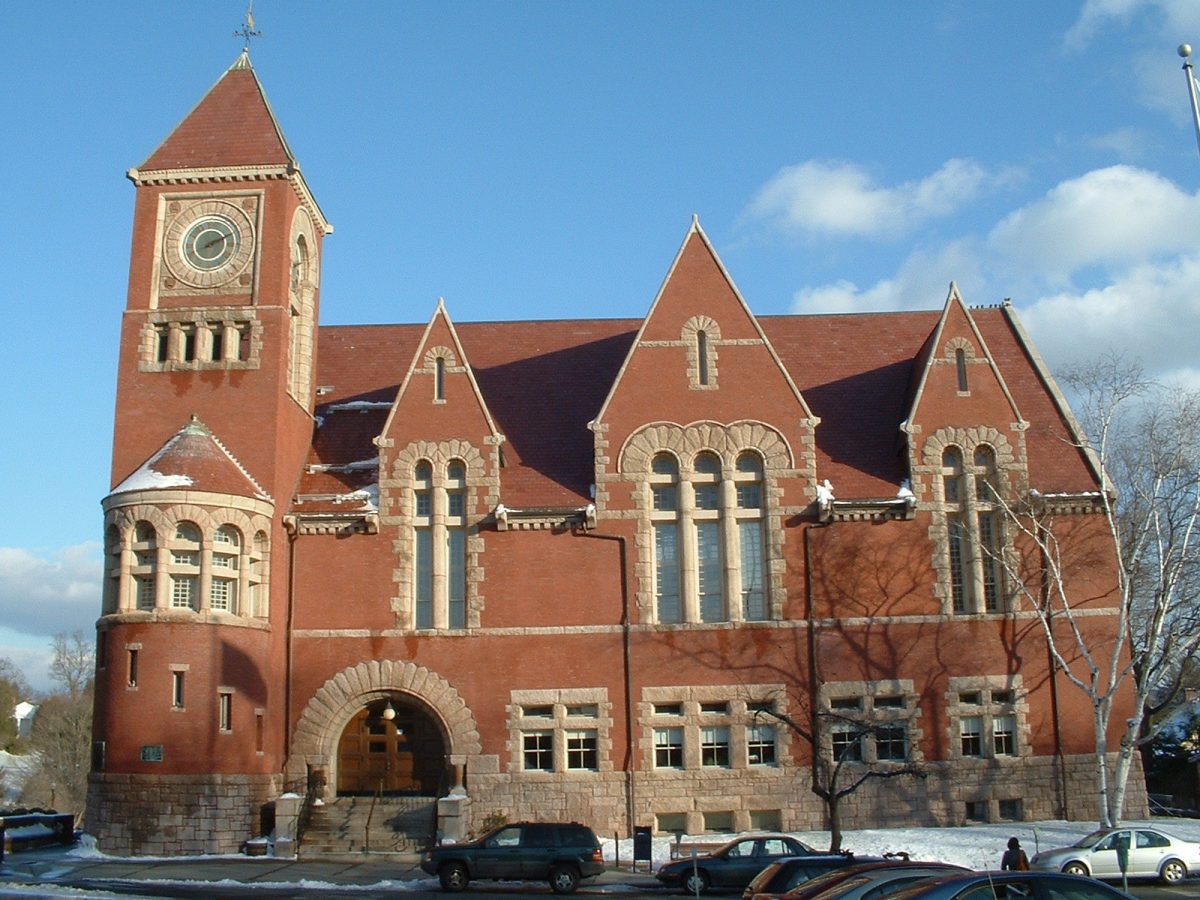
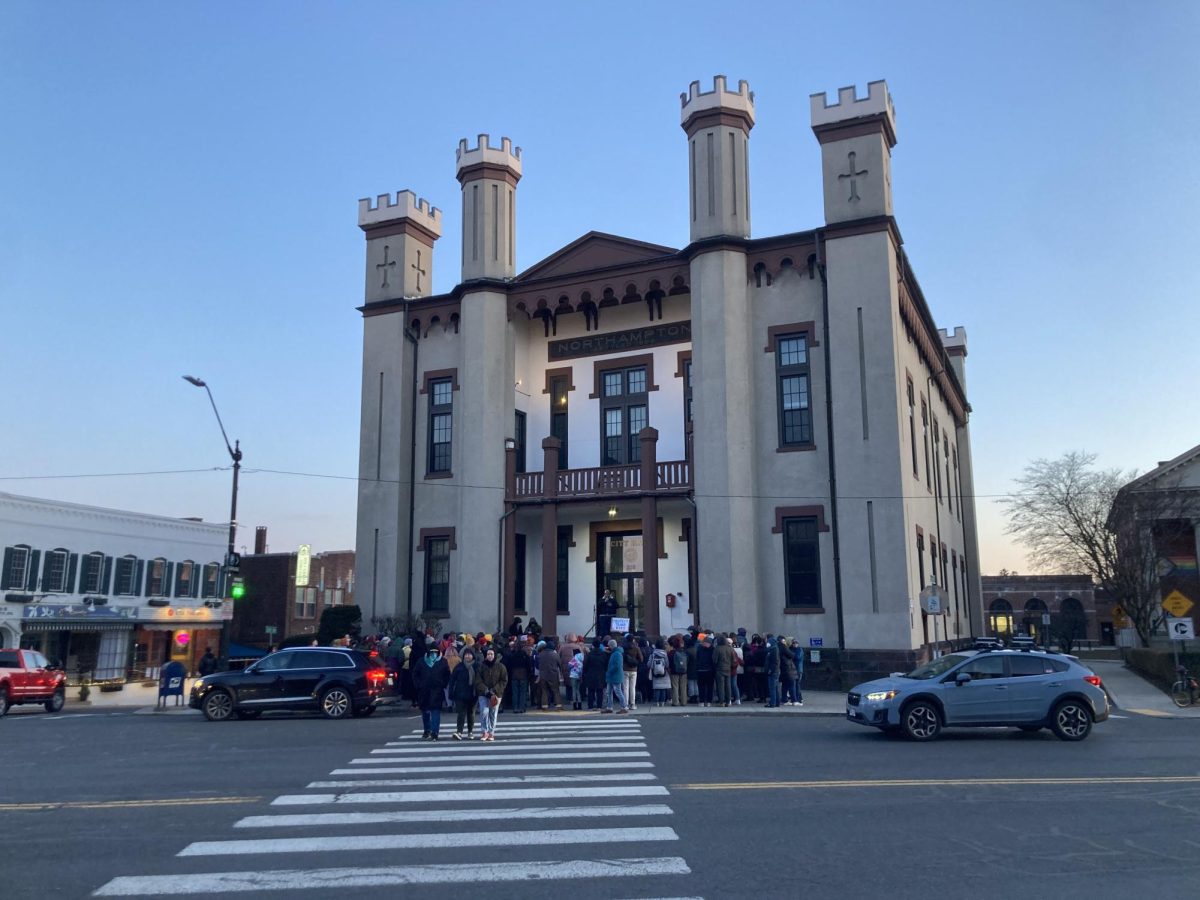

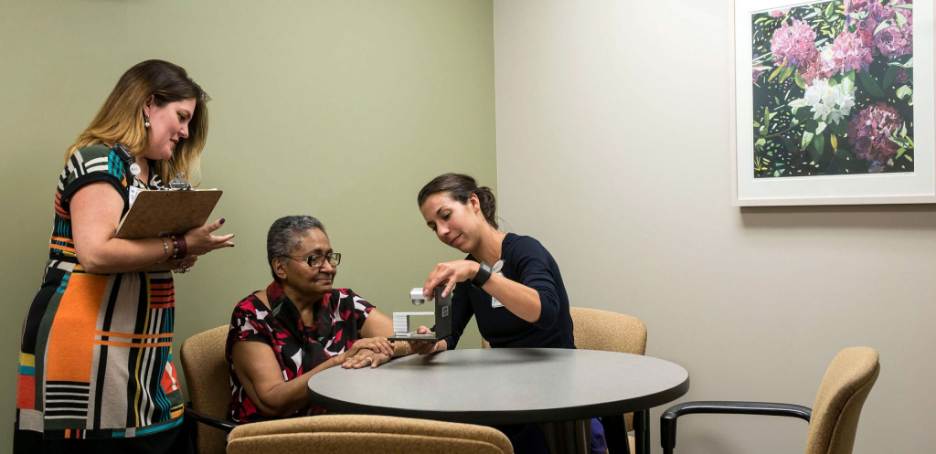

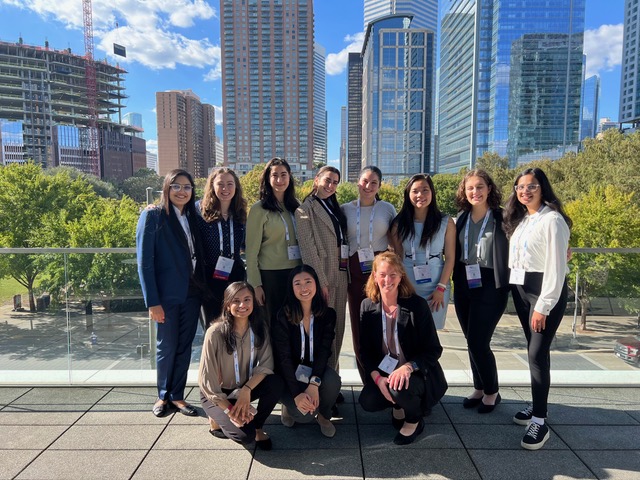
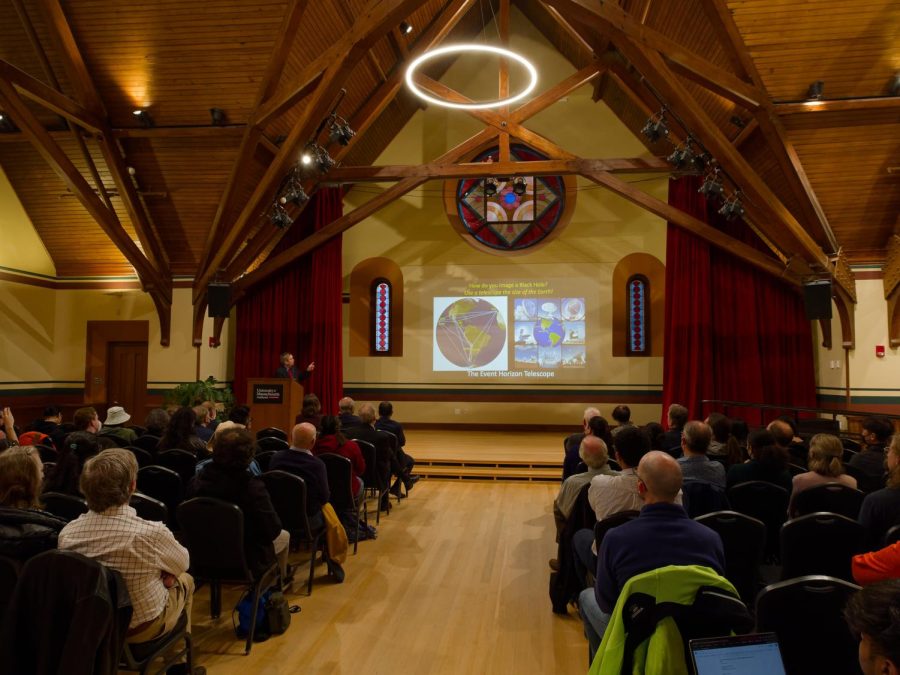
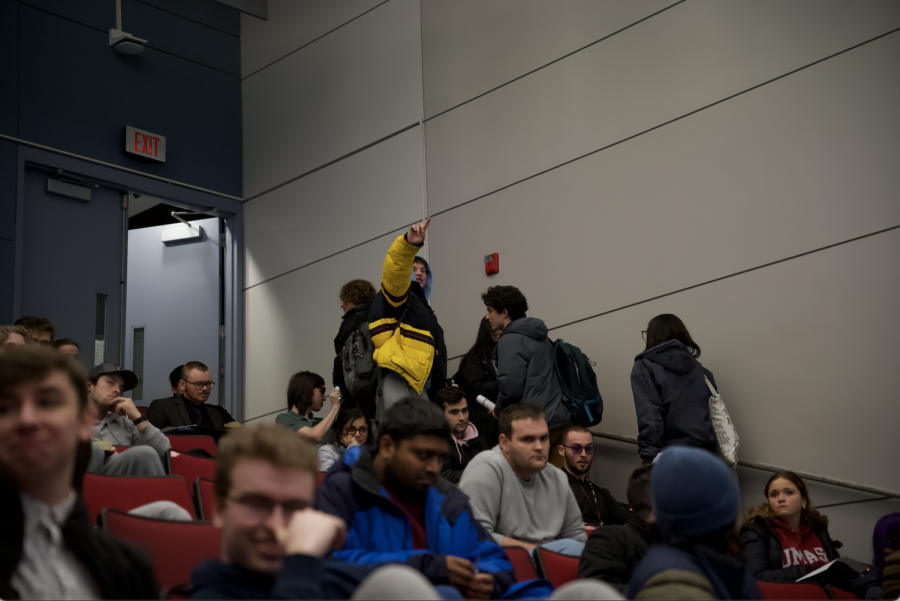

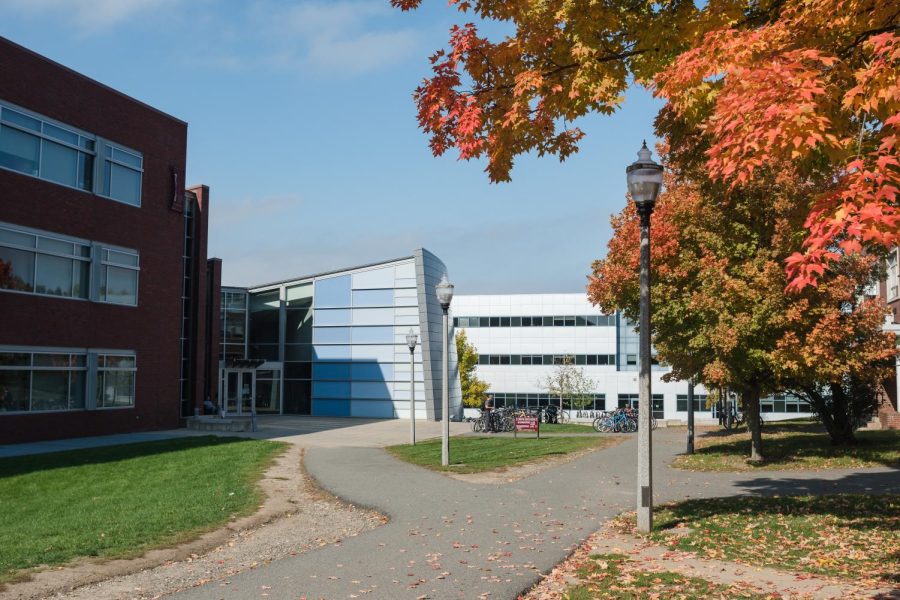
Peter Takesian • Dec 6, 2010 at 1:27 pm
Jessica: I learn something from each of your articles in that you wrote there are 25,000 dams that serve as barriers to fish passages in the Northeast area.